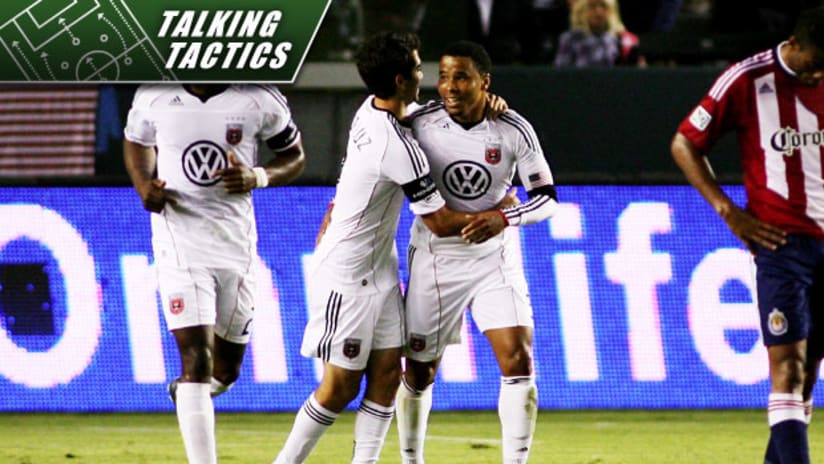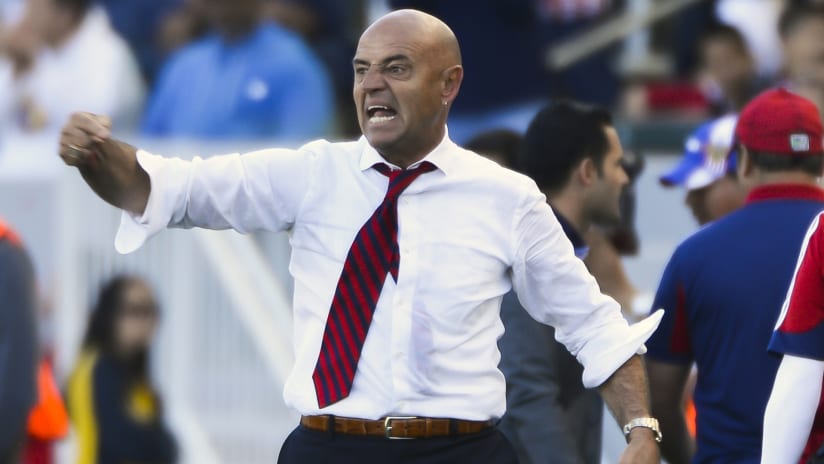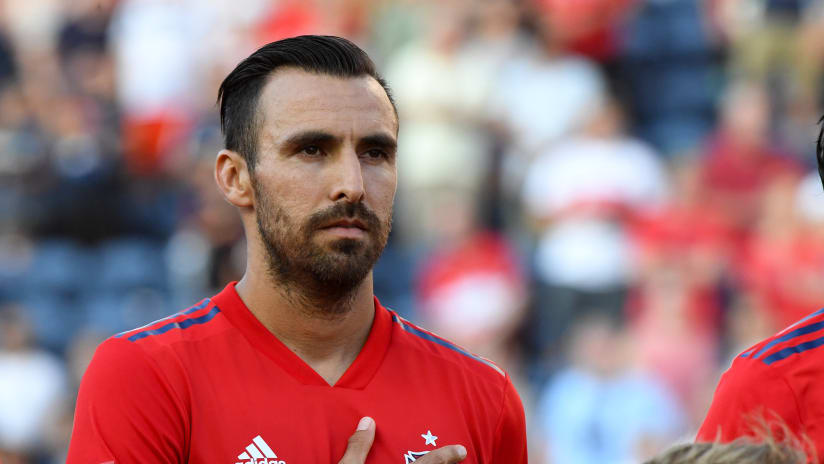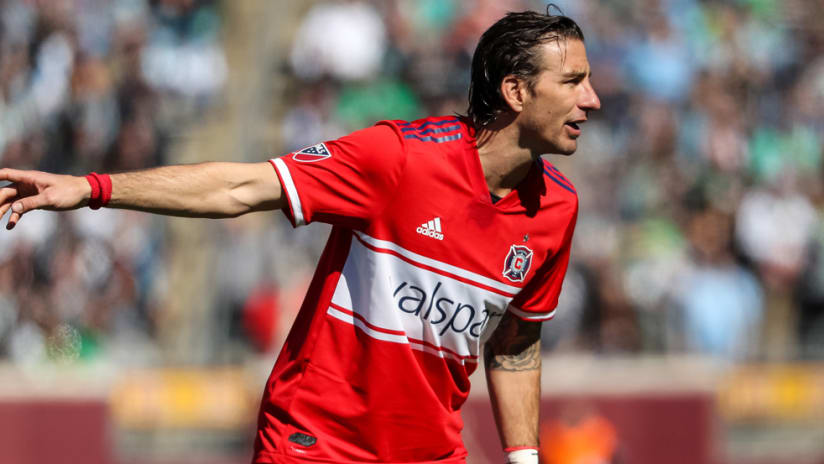Most soccer fans share a conflicted relationship with counterattacking soccer.
On one hand, a doctrine of defend-and-counter smacks of tacit capitulation, a concession to limited options as the “weaker team.”
On the other hand, counterattacking plans executed with verve and precision can be a lovely and intoxicating thing, a strategic choice that fosters a fast game where chances spill out freely on either side. And who could have a problem with that?
One school of thought is that “good” teams attack, sounding the bugles and charging forward proactively rather than biding time in a reactive crouch. (In fact, some New York Red Bulls players are saying that very thing about their own struggles at the moment.)
But quality teams with brimming stockpiles of talent can and have spun counterattacks into an effective element of their offensive plan. Look at José Mourinho with Inter Milan two seasons back. Some of the best players in the world demonstrated the title-winning power of sitting deep, absorbing pressure and then punishing the hapless on lightning-strike counterattacks.
Of course, Inter didn’t always sit deep. Rather, it was a tool in the tactical belt, always at the hip, ready to be switched on for appropriate situations. That’s also what we saw in one eye-opening MLS result in Week 26. In this past Saturday’s 3-0 win at the Home Depot Center, visiting D.C. United ambushed (figuratively and literally) a vulnerable Chivas USA defense with a swashbuckling counterattack serving as the tip of the spear.
Highlights: CHV 0, DC 3

Counterattacking soccer isn’t just tactics; it takes the right kind of players – actually, let’s make that the right kind of “attitudes” – to make the engine hum. United have several like that, none better than Dwayne De Rosario.
The desire to drive forward aggressively is De Rosario’s hard-wired, default position on the field. On Saturday, he consistently collected the ball in midfield with a stubborn single-mindedness: a hell-bent desire to crash immediately forward.
This was clear on the first goal. DeRo’s aggressive mindset lay the foundation for Charlie Davies’ eventual piece-of-cake finish. The Canadian star scooped up a fortuitous ball bouncing around midfield and didn’t hesitate for a nanosecond. It’s all about seizing the initiative. That might sound like a no-brainer, but you’d be surprised how many players fail to fully exploit these begging situations. Too many managers value possession, constantly reminding their players that the bad guys can’t score when the good guys have the ball. So they win the ball but frequently forfeit the initiative when “possession” rather than “aggression” is prioritized.
In this case, De Rosario’s surge forward immediately created a 4-on-3 advantage. Chris Pontius, to DeRo’s right, similarly recognized the moment and sped forward. De Rosario held the ball just long enough to draw defenders centrally, and then precisely fed Pontius, who delivered the killer cross.
On the second goal, United similarly launched forward. This time, though, Chivas USA were able to retreat in equal numbers. But they just couldn’t get organized quickly enough to deal with the speed of the visitors’ transition. That critical element, speed, opened space for Pontius at the top of the penalty area as Chivas defenders scrambled to deal with Andy Najar’s cross. That, in turn, left Davies open on the left. Pontius to Davies, 2-0.
De Rosario’s quick burst from midfield was critical in United’s third goal, too. So was Pontius’ speed, as United’s young attacker simply outran Chivas USA defender Ben Zemankski to a ball played into space.
United’s bright night — Pontius’ injury notwithstanding — proves (yet again) that teams capable of striking on the counter aren’t necessarily “defensive” teams. For instance, another United, the one from across the pond in Manchester, have always been effective on the break. And no one cites Sir Alex Ferguson’s side when discussing defensive soccer.
Closer to home, manager Ben Olsen’s starting lineup last weekend reflected similar sentiment. The deployment of primarily attacking types such as Davies, De Rosario, Najar, Pontius and Santino Quaranta in a starting lineup cannot be called defensive. On Saturday, at least, it could only be called effective.
Steve Davis' Talking Tactics column appears every Tuesday on MLSsoccer.com.













